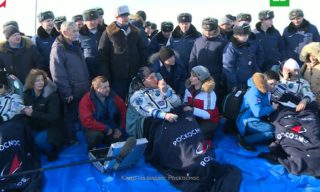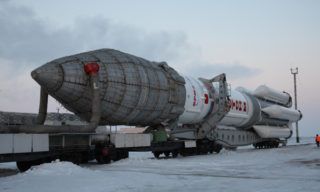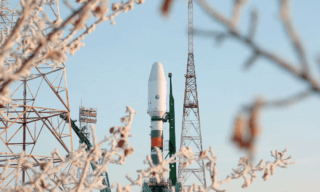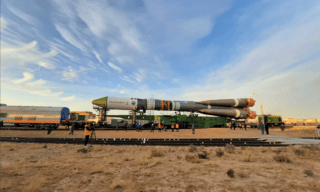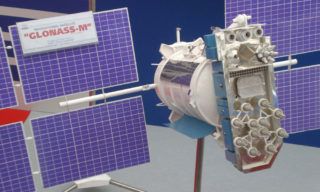Green Bank observatory antenna received the data from Russian Radiastron (Spektr-R) space telescope for the first time. This new tracking station in other hemisphere enables the scientists to double observation time, – Astro space Centre of Lebedev Physics Institute, the leading scientific agency of the project reports.
“We are glad to inform that the equipment for the station was delivered to the USA and installed on the telescope without any troubles. The first tests of the station showed good results, scientific data from space telescope was recorded on the 1st of August, – the scientists report.
Till now scientific data from Radioastron could be received by single station located in Puschino, Moscow region. As “Radioaston” is out of station’s sight the most of the time, the scientist cannot use these periods for their observations and the equipment just stand idle.
Astro space Centre of Lebedev Physics Institute and National Radio-astronomy Observatory representatives came to an agreement on using 43-meters radio-telescope of Green Bank National Radio-astronomy Observatory (Virginia) for receiving Radiosatron data late 2012. Russian scientists were to deliver radio equipment similar to that installed in Puschino to the USA and adjust it. This work is now complete, capacity level of the signal received exceeds technical requirements, while the frequency of errors is low.
Active observations in the framework of Radioastron key scientific program realization will start by late August. September 2013 new tracking station will operate will work in light mode. Maximum loading of the second tracking station is planned since October 2013.
Radioastron was launched from Baikonur spaceport in July 2011. It is designed for joint operation withabove-ground radio-telescopes network forming single interferometer of high angle resolution (up to 7 microseconds).








